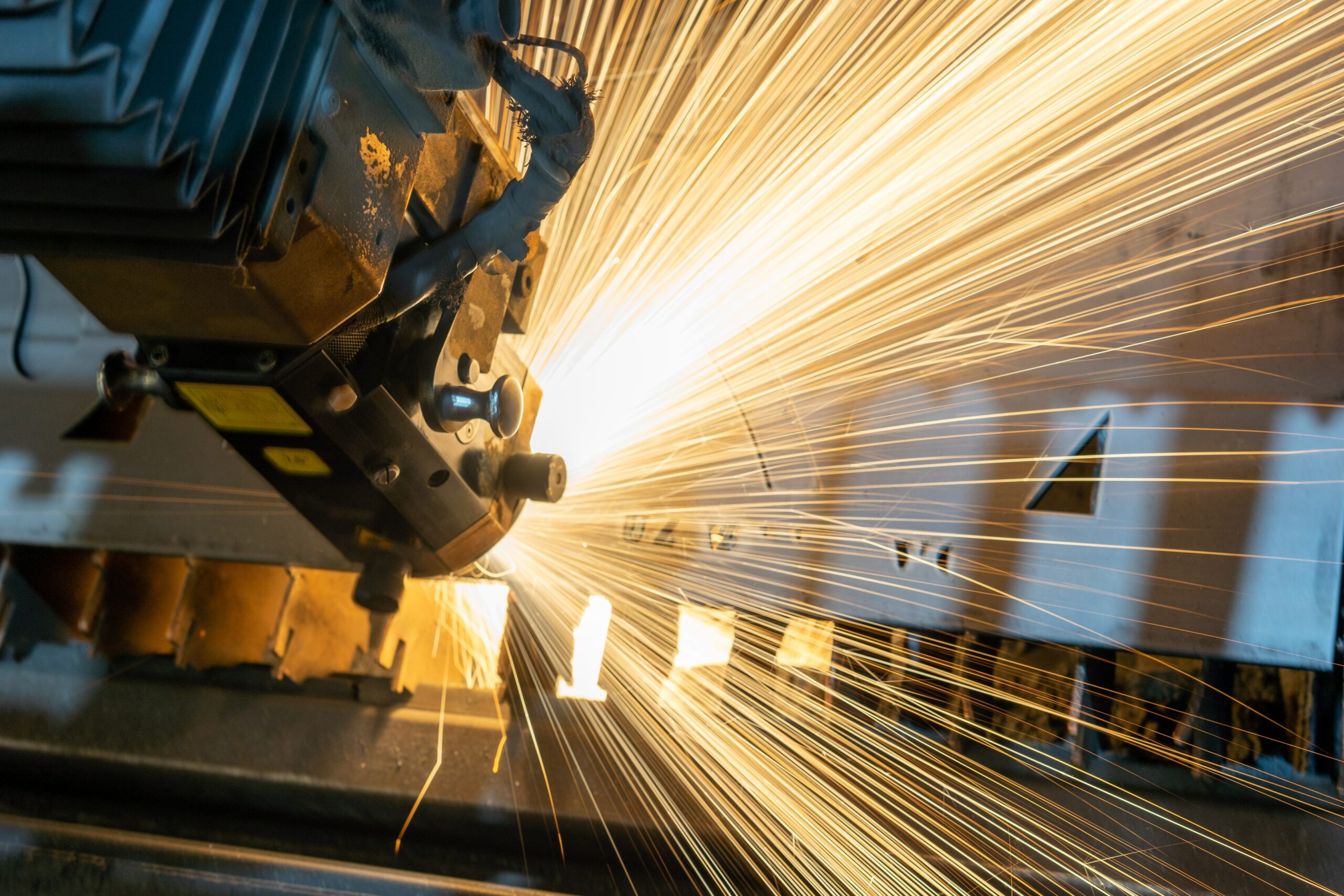UK manufacturing emissions have more than halved over the last 30 years, but the sector is a long way off net zero…
Big industries, like fast-moving consumer goods, have a big part to play in helping the manufacturing sector reduce its carbon footprint.
Manufacturing is a key driver of the UK economy. However, it is a sector that relies on processes that contribute heavily to the country’s carbon output.
The good news is that, since 1990, the manufacturing industry’s carbon emissions have dropped by 57%. Still, this is a long way off complete carbon neutrality.
But consumer habits are increasingly being swayed by what is and isn’t eco-friendly. So, what are consumer products brands doing to make their manufacturing processes greener?
Sustainability in consumer goods manufacturing
Thankfully, global consumer products brands continue to innovate.
For example, in a first for its sector, spirits brand Absolut Vodka is introducing technology that’s set to slash manufacturing emissions by 20%.
The brand has agreed a deal with its long-time partner Ardagh Glass Packaging that will see Absolut begin using a green hydrogen-fired furnace in its glass production.
The manufacturer will introduce the technology in the latter half of 2023. Powered using renewably sourced electricity, the move will change how all of Absolut’s glass bottles are produced across its international markets. As such, it represents a major step towards the brand’s goal of going completely carbon neutral by 2030.
Hopefully, the success of this move will catalyse wider-scale change in consumer goods manufacturing.
This will be both necessary and highly beneficial.
The necessity: net zero manufacturing
The goal, ultimately, is for a completely carbon neutral Britain by 2050.
And there are several sizeable targets the UK manufacturing industry legally has to hit on its road to get there itself. These include reducing greenhouse gas emissions by 68% by 2030 and 78% by 2035, in comparison to 1990 levels.
The progress made so far has been down to three main factors: energy efficiency improvements, fuel switching, and structural changes. To continue making progress, the industry will need assistance from other sectors.
Looking ahead, it will be important for key players in high-output industries to be proactive in their approach. There is simply no way for manufacturing to hit its goals without action from the brands they produce for.
That’s where big consumer products brands come in.
In leading the way, they can show smaller outfits that it is possible to make meaningful strides towards decarbonising manufacturing while remaining profitable.
The benefit: net zero profit margin
The fact of the matter is that a strong decarbonisation strategy can add significant value to consumer goods businesses.
You see, strong sustainability initiatives are becoming increasingly important for winning customers. More than ever, shoppers are choosing what products to buy based on brands’ commitments to sustainability.
According to a recent survey, consumers of all ages are willing to pay at least 10% more for sustainable products. This is particularly true of Generation X – 90% of whom will readily spend more money to minimise their environmental impact.
As such, a survey by Kantar in 2020 found that so-called “Eco-Active” consumers were worth an immense $382 billion globally – and that number is likely to have risen since.
In other words, a carbon neutral manufacturing process could have a significantly positive impact on your business’s profit margins.
Moving towards net zero
Sustainability is more important than it has ever been – and it will only get more important as time goes on.
To ensure future success, from both a marketability and an environmental perspective, consumer goods brands will need to assess their eco strategy at every stage of the product lifecycle. This includes the highly polluting manufacturing process.
Work with a talent partner that understands your needs.
Our consultants are experts at engaging and attracting consumer goods talent with specialist sustainability knowledge. Stay ahead of the curve – get in touch today:
Call us: 0333 360 1100




